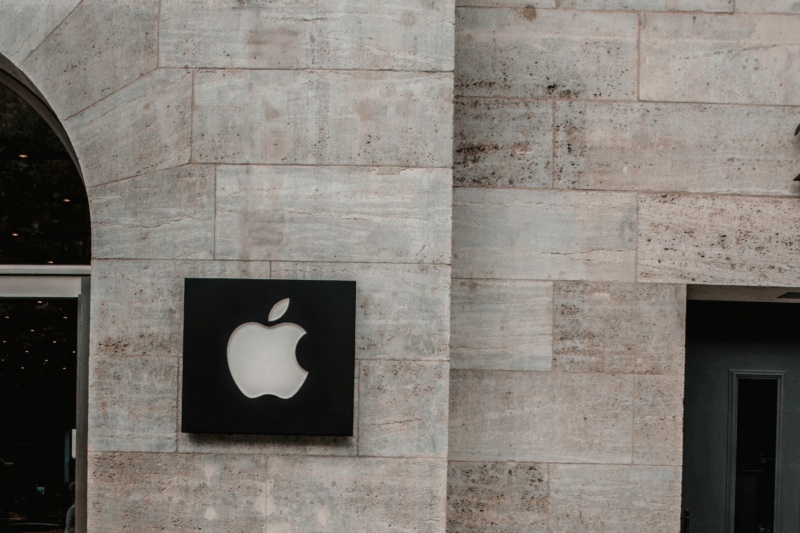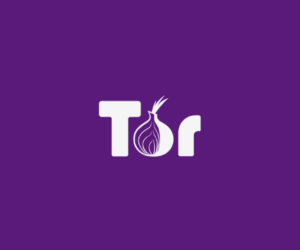Apple has asked the European Union (EU) to revisit its Digital Markets Act (DMA), warning that the regulation is holding back product innovation and leaving users more vulnerable to security and privacy threats.
The law, enforced since March 2024, compels tech firms classified as “gatekeepers”, including Apple, Google, Meta and Amazon, to open their platforms to third parties, permit alternative app stores and payment systems, and end practices such as self-preferencing. It is currently under review, with the European Commission receiving stakeholder feedback up to September 24.
Apple says these policies are already limiting what customers in Europe can access. According to the company, several new features have been delayed, including iPhone-to-Mac mirroring, live translation with AirPods, and enhanced location-based tools in Maps.
Apple says these features depend on its tightly integrated ecosystem and cannot be safely extended to third-party platforms without risking user data.
“It’s become clear that we can’t solve every problem the DMA creates,” Apple said. “Over time, it’s become clear that the DMA isn’t helping markets. It’s making it harder to do business in Europe.”
The Commission has dismissed Apple’s objections, stressing that obligations under the law are not negotiable. A spokesperson noted: “Gatekeepers, like Apple, must allow interoperability of third-party devices with their operating systems.”
The issue reveals how far governments can push top tech firms to open their systems without damaging user safety. Apple argues that sideloading apps and the rise of alternative marketplaces, both required under the DMA, expose consumers to scams, malware and pornography apps that were previously blocked from its App Store. The company says younger users and those less experienced with technology are most at risk.
Apple’s case aligns with concerns raised in Washington, where former U.S. President Donald Trump’s administration repeatedly condemned the DMA as discriminatory against American technology firms.
The issue has also come with penalties: in April, Apple and Meta were fined for non-compliance, with Apple facing a €500 million sanction over restrictions on developer communications.
Reports from policy think tanks such as EPICENTER and ITIF have added weight to Apple’s stance, arguing that the DMA’s rigid design risks stifling innovation, delaying product rollouts and spreading compliance costs to smaller businesses.
The European Commission maintains that the law is essential to increase competition and consumer choice. Its first formal review is expected to determine whether the rules will be tightened further, potentially extending obligations to social networks.
Apple has made it clear it will continue to comply with legal requirements, but it is also noting that the EU regulation may come at a high cost for users, fewer features, slower innovation and, paradoxically, weaker protections.








